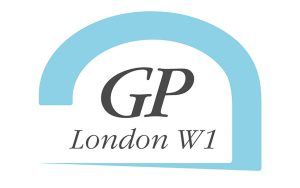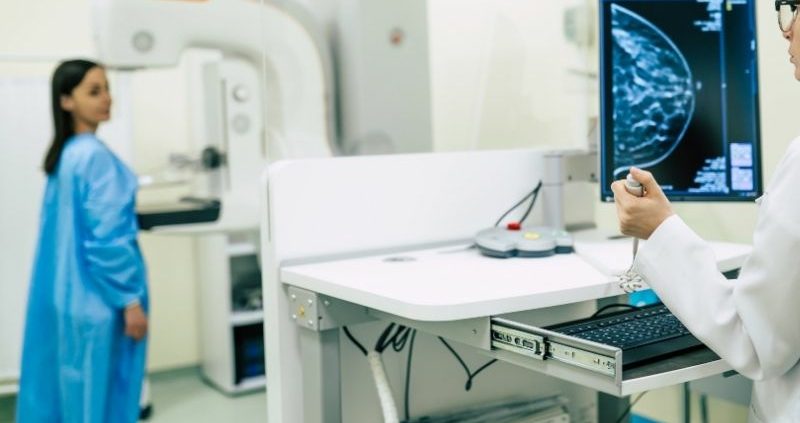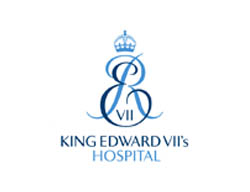Why is regular screening critical for women’s health?
Every year, October is dedicated to breast cancer awareness; in the UK, around 55,000 women are diagnosed with breast cancer every year. We know that early diagnosis affects survival rates, and an annual female health check can be beneficial for detecting early symptoms of breast cancer along with the early stages of other serious health conditions.
Your Well Woman Check can be tailored to your needs and requirements, depending on your age, lifestyle and medical history. Essential screening for women can include:
Breast cancer screening
The first detectable symptoms of breast cancer are a new lump or area of thickened breast tissue, irritation or dimpling of the skin, a change in the appearance of the nipples, nipple pain or nipple discharge or any change to the size or shape of the breast. You should see your GP immediately if you notice any of these symptoms.
During your breast cancer screening, we will visually and manually check for any of these signs, and we can organise mammograms and breast ultrasounds.
Cervical cancer screening
A regular smear test is one of the most effective ways to avoid developing cervical cancer. It is not a test for cancer but checks for potentially harmful cells that could become cancerous. If your screening detects abnormal cells, a colonoscopy can be arranged to check the cells or treatment to remove them.
High blood pressure screening
High blood pressure, or hypertension, can often cause no immediate symptoms, but it is associated with developing serious conditions, such as cardiovascular disease, heart attack, stroke and diabetes.
The risk for women increases as they age, and the only way to determine whether you have high blood pressure is to check your blood pressure regularly. High blood pressure can often be managed or controlled by changing your lifestyle.
Bone density screening
Bone density is a critical issue that affects women as they get older. Changes in hormone levels can cause a decrease in bone mass, increasing the risk of developing osteoporosis and making you more susceptible to back pain and fractures. Certain health conditions can make you more predisposed to low bone density.
A bone density test, or DEXA scan, is a type of X-ray that measures the strength of bones. Depending on your degree of risk, treatment can include medication and lifestyle changes to preserve bone density as much as possible.
Diabetes screening
It’s estimated that 850,000 people could be living with undiagnosed type 2 diabetes in the UK. Even a mildly raised glucose level left untreated can cause problems in the long term, as high glucose levels can damage the blood vessels, nerves and even organs.
Diabetes screening is a blood glucose test and urine analysis to measure blood sugar levels. If your blood sugar levels are raised, lifestyle changes can reduce your risk of developing diabetes in the future.
To find out more about the Well Woman Checks we offer at GP London W1, call +44 (0)20 4580 1152 to arrange an appointment with one of our doctors










